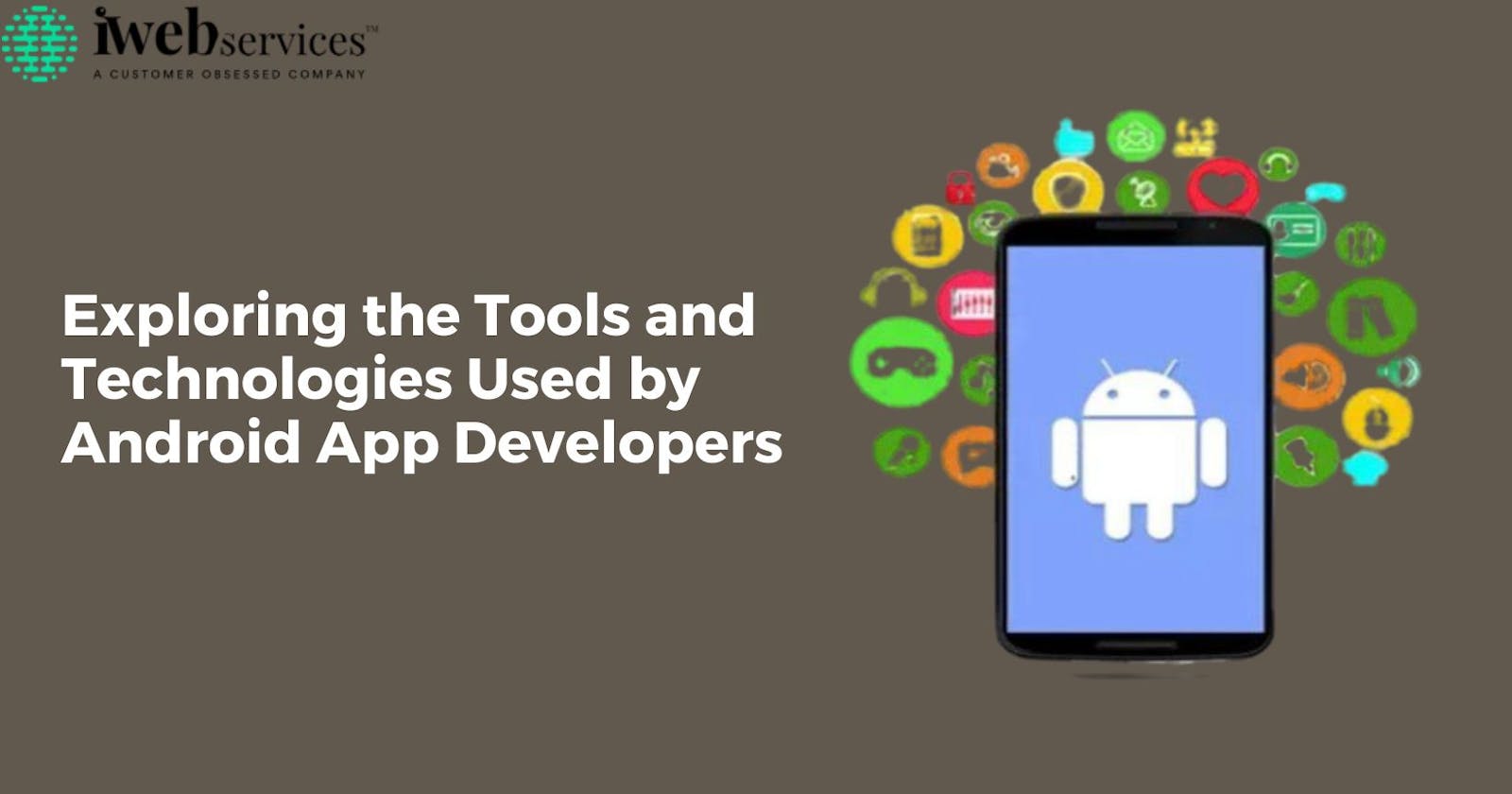In the fast-paced world of mobile app development, Android holds a prominent position, powering millions of devices worldwide. Behind the scenes, talented Android app developers leverage a range of tools and technologies to create innovative and user-friendly applications.
In this article, we will delve into the fascinating realm of Android development, uncovering the key tools and technologies employed by these skilled professionals.
Integrated Development Environments (IDEs): Android app developers rely on powerful Integrated Development Environments to streamline their coding process and enhance productivity. Some popular IDEs include:
a. Android Studio: The official IDE for Android development, offering a comprehensive set of tools, code analysis, and intuitive UI design capabilities.
b. IntelliJ IDEA: A versatile IDE that provides advanced code editing features, debugging tools, and support for various programming languages, including Kotlin and Java.
Programming Languages: Android app development primarily revolves around two programming languages:
a. Java: A widely adopted language known for its robustness and compatibility. It serves as the backbone for many Android applications.
b. Kotlin: A modern, expressive, and concise language that has gained significant popularity due to its seamless interoperability with Java and its enhanced features for Android development.
Software Development Kits (SDKs): Android SDKs offer developers a comprehensive set of tools and libraries to build, test, and debug their applications effectively. Key SDKs include:
a. Android Software Development Kit: Provides the essential components, APIs, and documentation required for Android app development.
b. Google Play Services: A collection of APIs that integrate various Google services, such as Maps, Analytics, Authentication, and Cloud Messaging, into Android applications.
Version Control Systems (VCS): To manage source code and collaborate with team members, Android developers often utilize version control systems. Some popular choices include:
a. Git: A distributed version control system widely adopted for its speed, flexibility, and excellent branching capabilities.
b. GitHub: A web-based platform built on Git, offering powerful collaboration features, issue tracking, and seamless integration with other development tools.
Testing and Debugging Tools: Thorough testing and effective debugging are vital for delivering high-quality Android applications. Developers employ several tools, such as:
a. Android Debug Bridge (ADB): A versatile command-line tool for debugging and interacting with Android devices, enabling developers to install apps, access device logs, and run diagnostic tests.
b. Espresso: A widely-used testing framework that facilitates automated UI testing, allowing developers to simulate user interactions and validate app behavior.
Conclusion:
Android app development is a dynamic and exciting field, with a vast array of tools and technologies at developers' disposal. From powerful IDEs and programming languages to SDKs and version control systems, each element plays a crucial role in shaping the development process.
By leveraging these tools effectively, Android app developers can bring their innovative ideas to life and deliver remarkable experiences to users across the globe.
